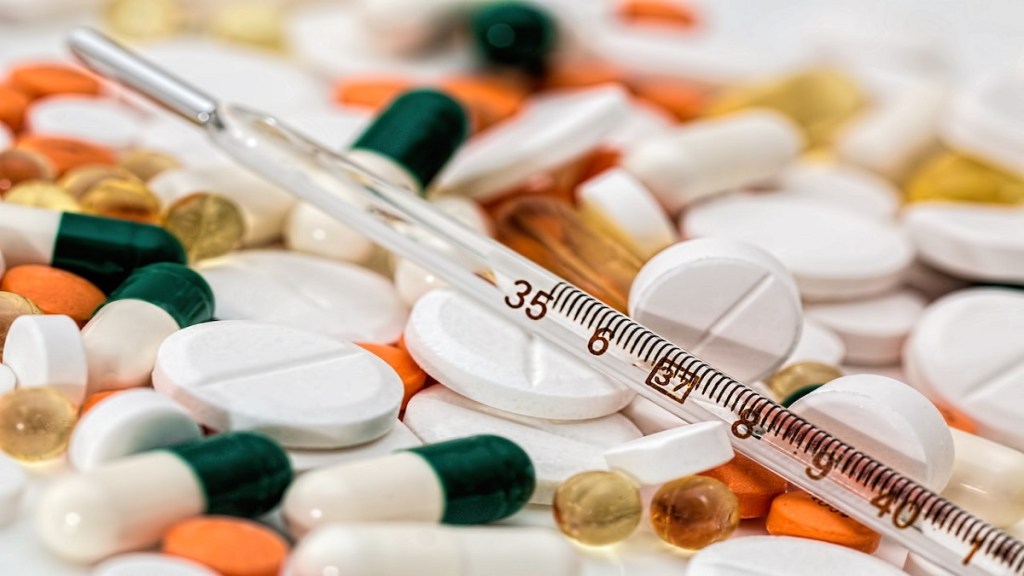MSMEs in pharma sector: Pharmaceutical companies having an annual turnover of less than Rs 250 crore will have to mandatorily adopt Good Manufacturing Practices (GMP) within 12 months, Union Health Minister Mansukh Mandaviya said on Wednesday, PTI reported. Failing to do so within the allotted timelines will lead to penalties and strict action as per the provisions of the law. The Minister informed that the draft of Schedule M of the Drugs and Cosmetics Act prepared in 2018 has been approved and implemented.
Mandaviya added that companies with an annual turnover of more than Rs 250 crore must adopt GMP in less than 6 months. According to the news report by PTI, there are around 10,500 pharma manufacturing units in the country, of which around 8,500 falls under the MSME category (with an annual turnover of less than Rs 250 crore).
India is a major exporter of medicines to Lower and Middle-Income countries, which require World Health Organisation Good Manufacturing Practices certification (WHO-GMP) and around 2,000 units in the MSME category have WHO GMP certification.
The revised schedule M will lead to the introduction of a Pharmaceutical Quality System (PQS), Quality Risk Management (QRM), Product Quality Review (PQR), qualification of equipment, change control management, self-inspection, and quality audit team, supplier audit and approval, and validation of GMP-related computerised system. While manufacturing of hazardous products will take further special requirements.
The GMP was introduced in 1948 for the first time, and the last amendment to it was done in 2018. The schedule prescribes certain GMP measures required for premises and materials, related to location, surroundings, water system, disposal of waste, and warehousing, among others.
“Pharmaceutical manufacturing and quality domain has developed significantly in last 15-20 years. Our understanding of the domain has increased because of developments in Pharmaceutical and Manufacturing Sciences. The linkage between manufacturing and product quality and interdependence between the two has been established,” Mandaviya said, as reported by the PTI.
The drug regulators inspected 162 pharma manufacturing units and 14 public testing labs and found that lack of process and analytical validations, absence of quality failure investigation, poor documentation and absence of internal quality review were very prevalent in these facilities.
“Based on these factors and to keep pace with fast-changing manufacturing and quality domain, there was a necessity to revisit and revise the principles and concept of GMP mentioned in current Schedule M. This would bring our GMP recommendations and compliance expectation at par with global standards, especially to those of WHO, and ensure production of globally acceptable quality of drug,” the statement said.

